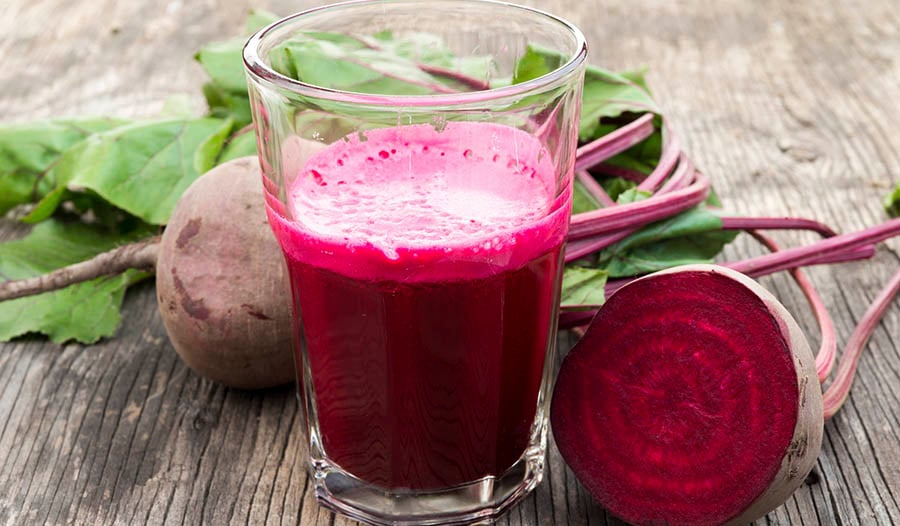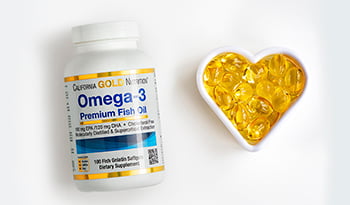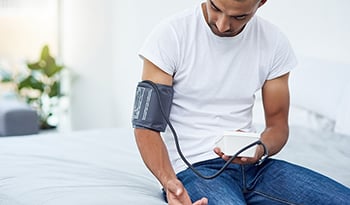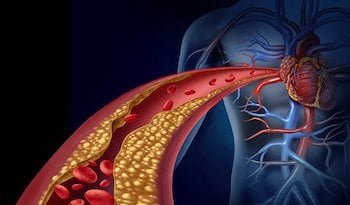Comment vaincre une pression artérielle élevée grâce à la betterave ?

Plus de 60 millions d’Américains souffrent d'hypertension artérielle (PA élevée), dont plus de la moitié (54,3 %) des Américains âgés de 65 à 74 ans et près des trois quarts (71,8 %) de l'ensemble des Afro-américains dans le même groupe d’âge. Une PA élevée représente un facteur de risque majeur pour la crise cardiaque ou l'accident vasculaire cérébral. En fait, elle est généralement considérée comme le facteur de risque le plus important pour l'accident vasculaire cérébral.
Récemment, plusieurs études ont montré que la consommation de jus de betterave frais peut entraîner des réductions cliniquement significatives de la pression artérielle.
Informations sur le contexte
Le jus de betterave a été un remède populaire pendant des siècles. Il était principalement utilisé pour les troubles hépatiques, mais a récemment été reconnu pour ses propriétés anticancéreuses et sa promotion de la santé cardiaque.
Le pigment qui donne à la betterave sa riche couleur pourpre cramoisie, la bétacyanine, est un puissant agent de lutte contre le cancer et les nitrates que l'on y trouve de façon naturelle sont jugés responsables de ses bienfaits sur le cœur et le système vasculaire. De précédentes études ont montré que :
- Boire simplement 470 mL (16 onces) de jus de betterave frais par jour réduit significativement la PA de 10 mm Hg chez les sujets sains.
- Le jus de betterave baisse la pression artérielle en une heure seulement avec un point culminant 3 à 4 heures après l’ingestion.
- La diminution de la pression artérielle est due à la formation chimique de nitrites provenant de l'absorption des nitrates du jus.
- Une fois dans le sang, les nitrites peuvent être convertis en monoxyde d’azote (NO) par les cellules qui tapissent les vaisseaux sanguins. Le NO est un puissant dilatateur des vaisseaux sanguins responsable de la baisse de la pression artérielle.
- Boire du jus de betterave est considérablement plus efficace pour élever les taux de nitrites du sang qu'une très forte consommation d’aliments riches en nitrates.
Nouvelles données :
Dans une étude menée au Baker IDI Heart and Diabetes Institute à Melbourne, en Australie, 15 hommes et 15 femmes ont bu 520,5 mL (17,6 onces) d'une boisson contenant 500 g de betterave et du jus de pomme (72 % betterave, 28 % pomme) ou d'un placebo. La pression artérielle des participants a été mesurée au départ et au moins toutes les heures pendant 24 heures après la consommation du jus à l’aide d’un moniteur de pression artérielle ambulatoire. Cette procédure a été répétée deux semaines plus tard ; les personnes ayant bu le placebo lors de la première phase ont alors reçu le jus de betterave, et inversement. Les résultats ont montré que boire du jus de betterave a abaissé la pression artérielle systolique de 4 à 5 points en moyenne après seulement 6 heures. Signification clinique de cet effet : boire du jus de betterave réduirait l'incidence d’accidents vasculaires cérébraux et de crises cardiaques d’environ 10 %. En termes de vies, cela représenterait 60 000 personnes sauvées par an aux États-Unis.
Référence :
- Coles LT, Clifton PM. Effect of beetroot juice on lowering blood pressure in free-living, disease-free adults: a randomized, placebo-controlled trial. Nutrition Journal 2012;11:106 doi:10.1186/1475-2891-11-106
CLAUSE DE NON-RESPONSABILITÉ:Ce CENTRE DU BIEN-ÊTRE n'a pas pour but de fournir un diagnostic...
















































































 Table des matières
Table des matières














